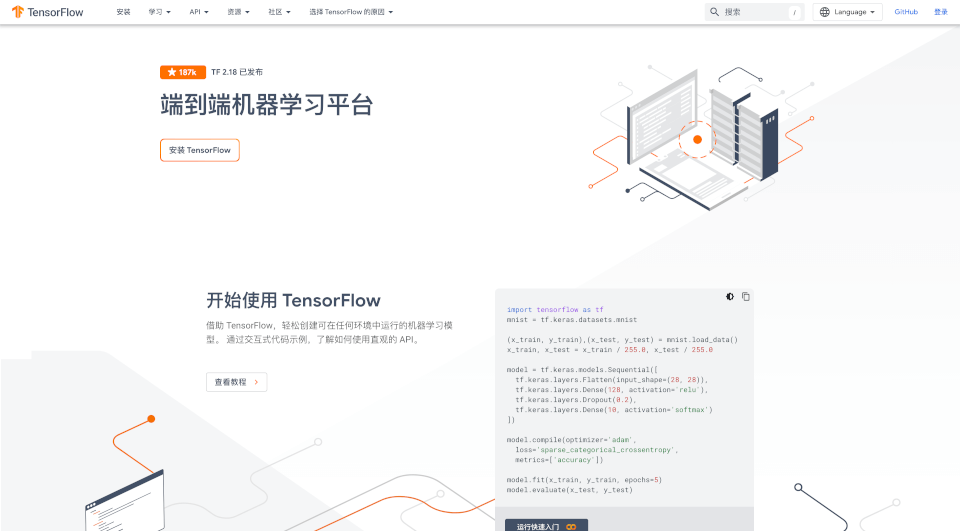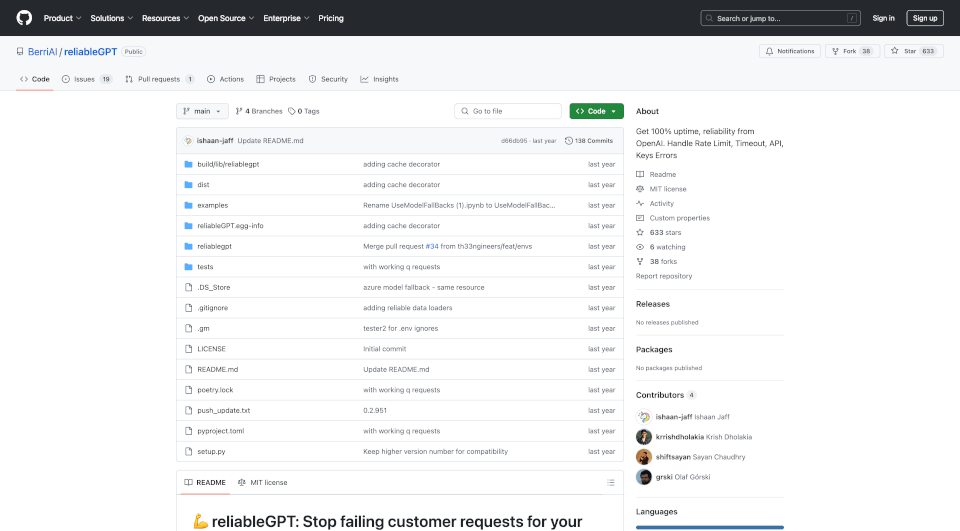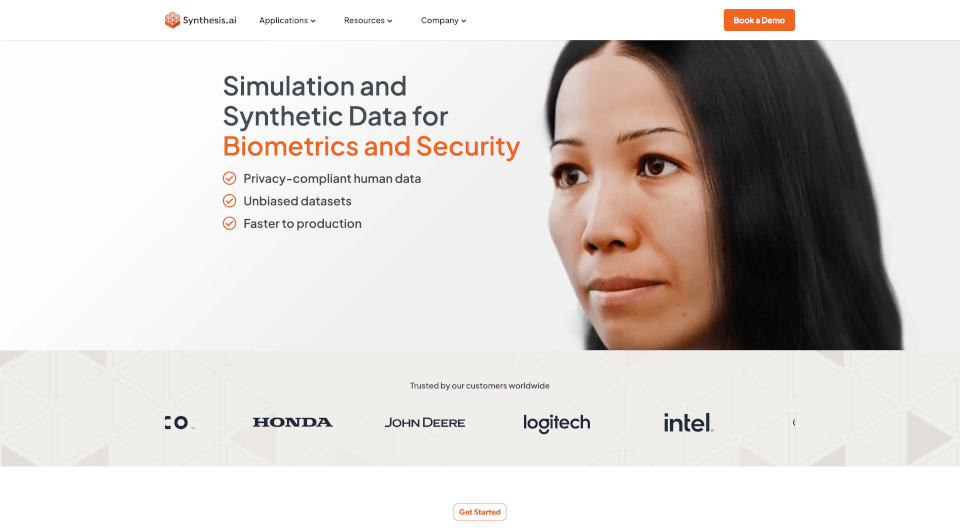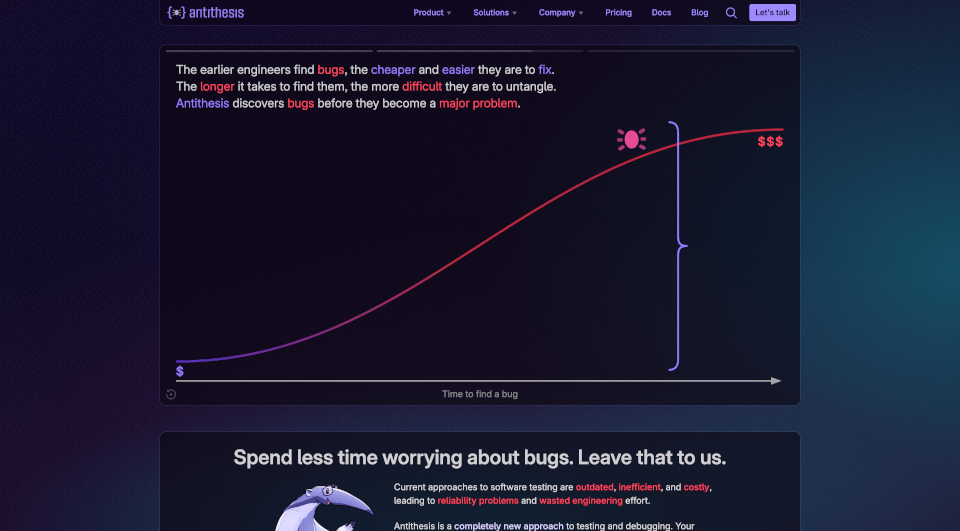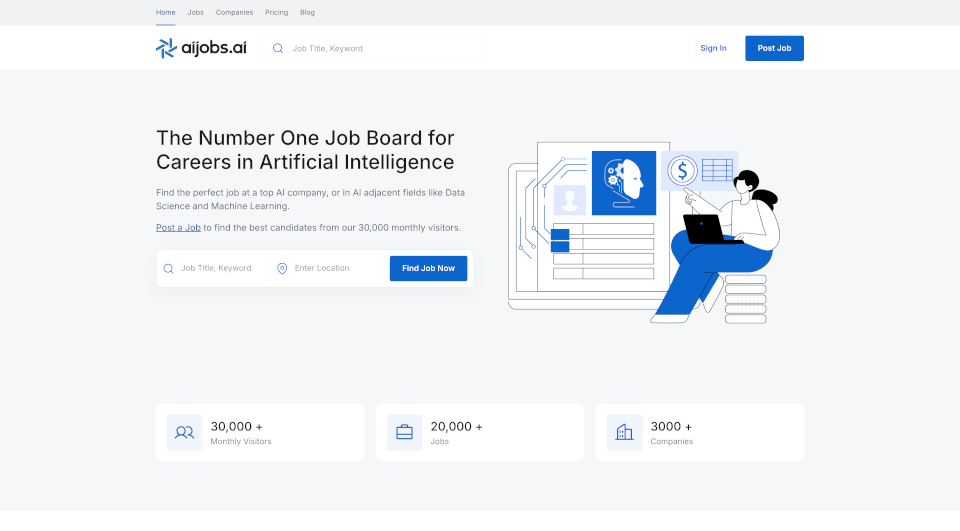What is TensorFlow?
TensorFlow is a comprehensive and flexible end-to-end open-source platform for machine learning. With a rich ecosystem of tools, libraries, and community resources, TensorFlow empowers researchers to drive the advancement of state-of-the-art machine learning technologies. Developers can easily build and deploy applications powered by machine learning, making it a versatile choice for professionals across various disciplines.
What are the features of TensorFlow?
- End-to-End Machine Learning: TensorFlow provides a complete framework for building machine learning models from data preprocessing to deployment, making it easy to integrate into existing workflows.
- Versatile Deployment Options: TensorFlow supports various platforms including TensorFlow Lite for mobile and embedded devices, TensorFlow.js for in-browser applications, and TensorFlow Extended (TFX) for production environments.
- High-Level API (tf.keras): Users can leverage tf.keras, a high-level API that simplifies the process of building and training models while ensuring flexibility for more complex architectures.
- Large Community Support: TensorFlow benefits from a vibrant community that contributes a wealth of tutorials, forums, and enhancements, making it easier for newcomers to get started and experts to share their innovations.
What are the characteristics of TensorFlow?
- Scalability: TensorFlow is designed to scale with the growth of your dataset and model complexity, ensuring performance remains optimal in varying conditions.
- Pre-trained Models: The platform provides access to a library of pre-trained models that can be fine-tuned for specific tasks, saving time and resources.
- Integrated Visualization Tools: TensorBoard, a companion tool for TensorFlow, allows users to visualize metrics such as loss and accuracy during model training, making it easier to track performance.
- Robust Libraries: TensorFlow includes extensions for advanced functionalities, including TensorFlow Probability for probabilistic reasoning and TensorFlow Agents for reinforcement learning.
What are the use cases of TensorFlow?
TensorFlow finds applications across a myriad of domains:
- Healthcare: TensorFlow is used for predicting patient outcomes, analyzing medical imagery, and personalized medicine solutions.
- Finance: It is widely adopted for risk assessment, stock price prediction, and fraud detection by analyzing transaction data.
- Retail: Companies leverage TensorFlow for inventory management, customer segmentation, and personalized shopping experiences through recommendation systems.
- Autonomous Systems: TensorFlow assists in developing AI for self-driving cars and robotics, enabling real-time decision-making and environmental understanding.
How to use TensorFlow?
Getting started with TensorFlow is straightforward:
- Installation: Install TensorFlow through pip for Python or integrate TensorFlow.js into your project for JavaScript development.
- Load Data: Utilize built-in datasets or your data by loading and preprocessing it for use in your models.
- Build Your Model: Use the Sequential model or Functional API to structure your neural networks as required.
- Compile: Set up your model with an optimizer, loss function, and metrics using the
compile()method. - Train: Fit your model to your data by calling the
fit()method. - Evaluate and Predict: After training, evaluate the model’s performance on unseen data and make predictions.
